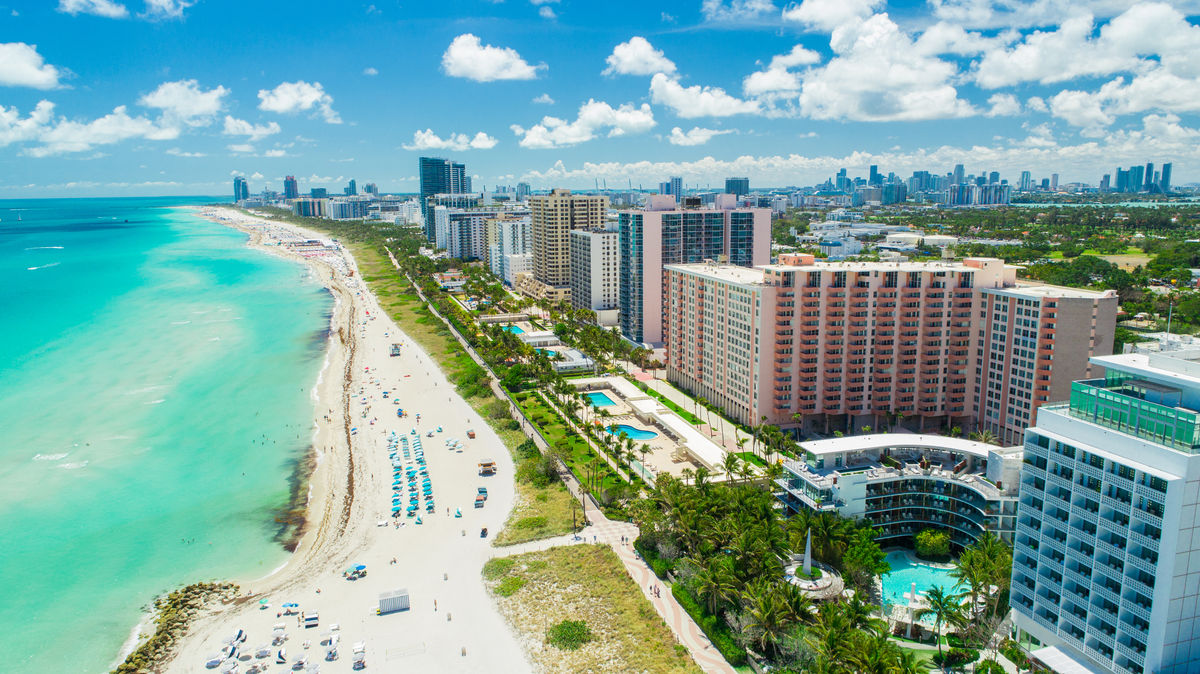Camping tourism in Cyprus is facing a period of significant decline, with multiple organized camping sites across the island shutting down or remaining closed, according to a statement issued on Tuesday by the Movement of Ecologists-Citizens’ Cooperation.
The political group drew attention to the closure of the Polis Chrysochous camping ground, which has not reopened since 2023.
Once a well-known destination among local and international visitors, the site now awaits private investment and redevelopment, a process that has yet to yield results.
Similarly, the Troodos campsite, the largest organized facility in Cyprus’s mountainous region, remains closed, and its future for the upcoming summer season remains unclear.
“The remaining camping sites are either closed or overcrowded,” the group stated, citing a lack of strategic planning.
“There is no planning for new organised public camping areas, while luxury ‘glamping’ tourism develops uncontrolled.”
In its statement, the group emphasized the broader European context, highlighting how camping tourism has been embraced across the continent as a sustainable and alternative travel option.
In contrast, Cyprus appears to lack a coordinated policy to support or expand traditional camping infrastructure.
The Movement of Ecologists has called for the immediate reopening of key facilities and has urged the Deputy Ministry of Tourism and other stakeholders to establish a national strategy focused on environmentally conscious tourism development.
Their recommendations include the creation of new organized camping sites, particularly in rural and mountainous areas, and the implementation of “small, environmentally harmonised interventions” to ensure sustainable growth.
“Camping tourism is not a luxury. It is culture, sustainability, and freedom,” the statement said in a report by In-Cyprus.
For professionals in the outdoor hospitality, glamping, and RV sectors, the situation in Cyprus offers a critical example of how the absence of a structured tourism development strategy can contribute to market contraction.
At the same time, the rapid growth of luxury glamping—largely unregulated—may indicate shifting consumer preferences that operators can tap into, especially if paired with sustainable practices and well-managed infrastructure.
The evolving landscape underscores the importance of proactive policy engagement and investment planning to sustain diverse offerings within the outdoor tourism industry.
.png)
.png) 22 hours ago
2
22 hours ago
2








 English (US) ·
English (US) ·  Spanish (ES) ·
Spanish (ES) ·